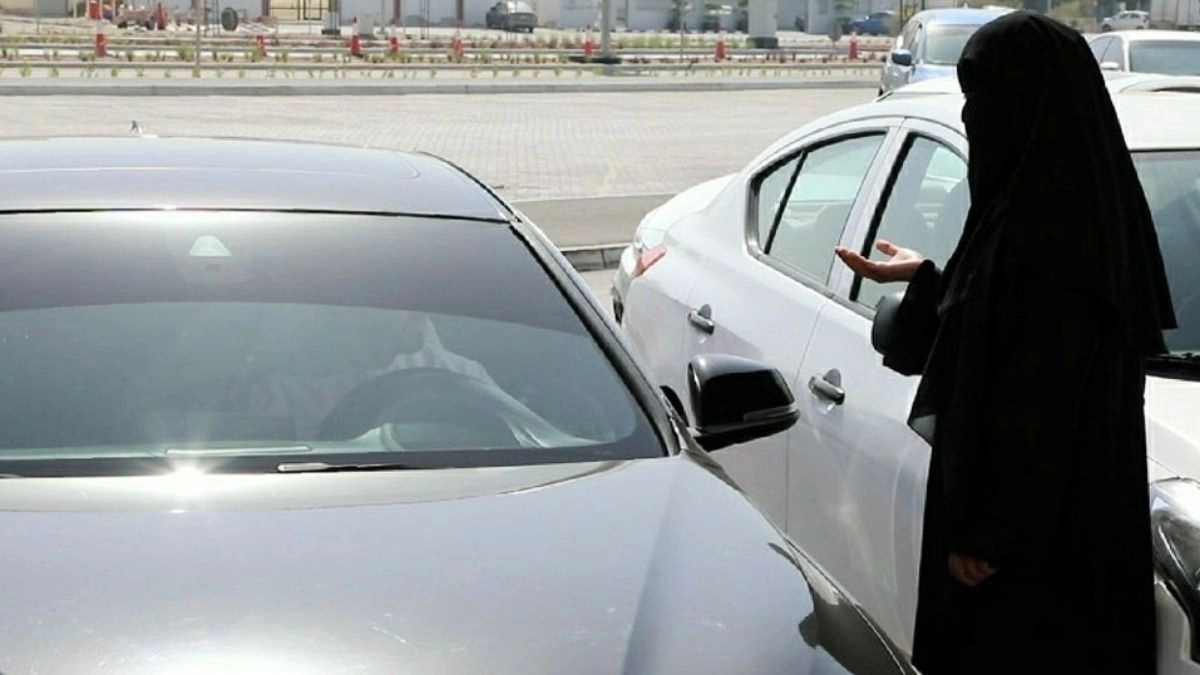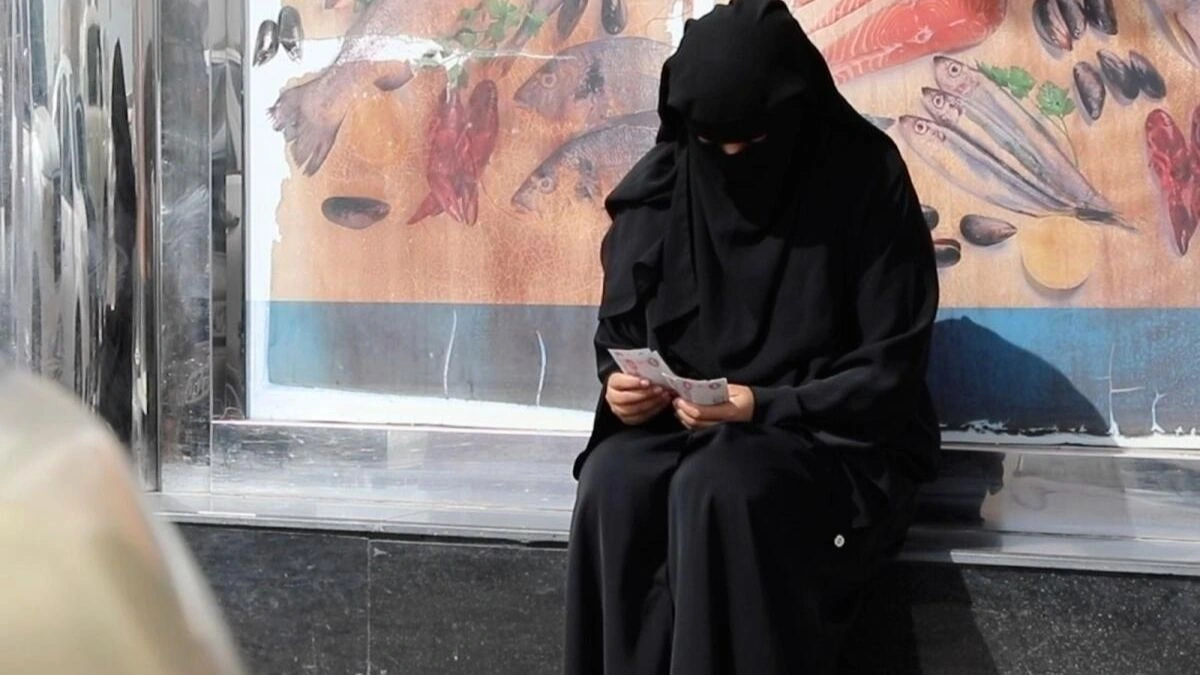News
Dhs5,000 Fine, And Jail For Begging In The Streets Of UAE

Begging is a punishable offense in the UAE, and people who are caught begging will face strict legal consequences such as fines and imprisonment. The recent warning came from the Public Prosecution that intended to prevent people from engaging in such indecent behavior during the Holy month of Ramadan, This Holy month is a time when people increased charity and help people by giving them money, especially to the Muslim community.
While begging is illegal, people must have been aware that the root causes of social inequality and poverty that can lead to people resorting to begging in the first place. The UAE authorities and other several organizations are constantly working together to provide help with resources, access to education, healthcare, and job opportunities with all the support to those who are in need, which might eventually help to reduce the prevalence of begging.
For begging on the streets of the UAE, a Dhs5,000 fine and imprisonment are imposed
Begging in any manner or form is strongly prohibited in the UAE, The warning also highlights that specific behaviors, such as pretending to have a serious injury or any form of fake disability, pretending to give a service, or using deception or fraud to gain sympathy, will be considered illegal and prohibited it may lead to face harsher legal consequences to anyone who indulges in such inappropriate activities.

This major issue of begging and street peddling is a main source of concern in the UAE, specifically during Ramadan, when people do a lot of charity.
To acknowledge this issue, the Dubai Police Department launched a yearly anti-begging campaign to increase public awareness of the illegal activity of begging and encourage people to help legitimate charities with genuine organizations instead.
According to reports, around 604 people had been arrested during the previous year’s anti-begging campaign, which includes 382 beggars and 222 street peddlers. They were arrested by UAE police as it was part of the UAE government’s actions to enforce the law prohibiting begging and other illegal activities in the Country.
The Dubai Police identified over 2,000 reports of begging during the last year of Ramadan and it shows the severity of the problem in the UAE. Begging is considered a serious crime in the UAE.
Brigadier Al Ayali’s warning underline the areas where beggars are most likely to roam around during Ramadan, places like mosques, markets, residential neighborhoods, Ramadan tents, and parking lots. Citizens of the UAE should be aware of such areas and avoid helping beggars, as this can lead to encouraging and indulging more people in such illegal activities.
Brigadier Al Ayali warns and stressed the dangers of begging, such as burglary and exploitation of weak and vulnerable groups.
This is a reminder that acknowledging and addressing the root causes of poverty and social inequality. It’s mainly important not only for lowering the begging but also for the prevention of other crimes that may lead to this behavior.
It is extremely critical to implement these laws, and also difficult to address the prior causes of poverty and social inequality that usually lead to people indulging in begging and street peddling in the first place. This can only be accomplished by giving assistance and resources to people who are genuinely needed and are associated with such activities.
Related Topics
🔹Dubai World Cup: RTA Warns Of Traffic Delay On Major Roads
🔹Dubai’s Sheikha Mahra To Marry Sheikh Mana – Latest News
Eradicating begging in any way from any country is a very critical issue that needs a multiway approach, including addressing the main causes of begging and pretending disability that usually leads weaker section community individuals to resort to begging in the first place. Here are several steps that the UAE government can take to get rid of the country of beggars:
Implementing begging laws: As previously mentioned, begging is now considered a severe crime in the UAE, and implementing anti-begging laws is a critical step toward eliminating such wrong practices.
Support those in need: Helping those in need but in a proper way. This assistance should include providing access to education, healthcare services, and giving jobs, as well as financial assistance and social services through legal and genuine organizations not to give money when they are begging.
Raising public awareness: Rising awareness campaigns and programs are extremely important to stop such activities from the countries. People from weaker sections of the community should be aware of the consequences of begging in public places. They must know about the laws and fines.
Encourage the public to donate to legitimate charities and organizations: it is mandatory to Encourage the public to donate things and give charities to authentic organizations that can assure to help those in need and make sure that they receive the assistance they need while discouraging individuals from engaging in illegal activities such as begging in public places.
Monitor and evaluate progress: monitoring and evaluating progress in addressing such issues of begging and other illegal activities can assist in identifying locations where additional support and resources are most needed, including measuring the effectiveness of existing interventions.